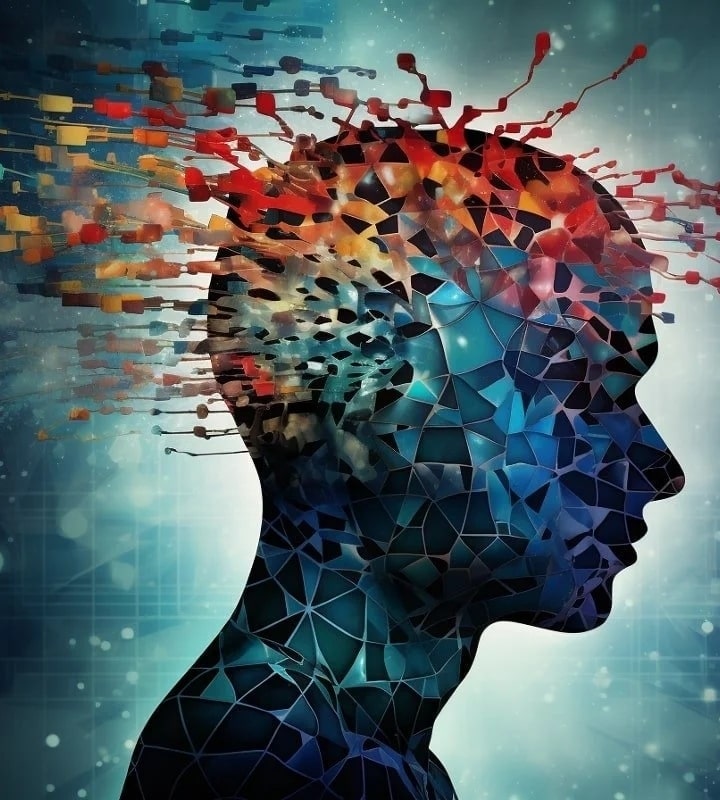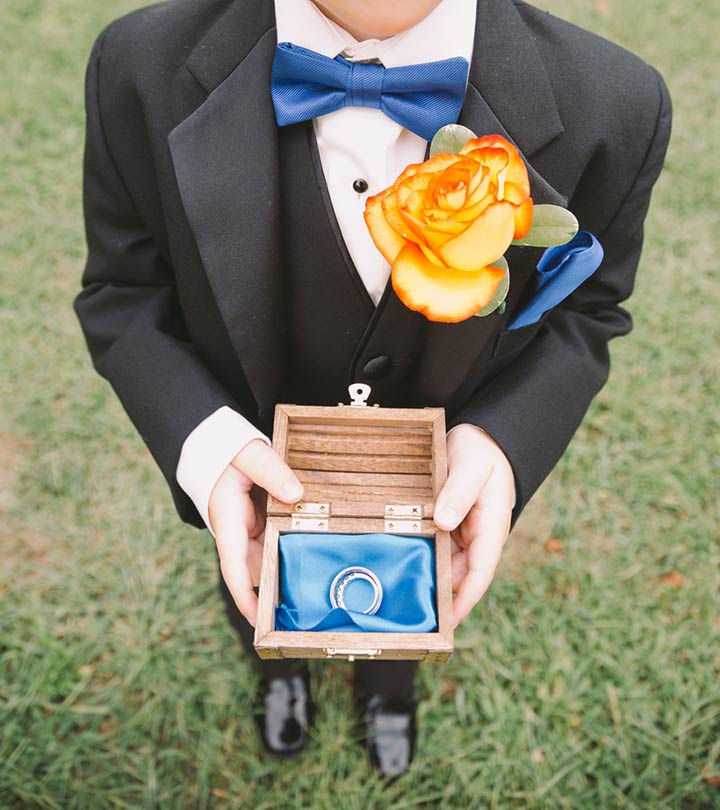It is impossible to generalize the treatment of addiction. Not every treatment will work for everyone. Treatment will depend on the individual’s needs and circumstances. There are many treatments out there that can be chosen by an individual, depending on:
- The type of substance they are abusing
- The level of care they need
- The unique mental and physical health needs
- The health care options one can afford
There is also the possibility of relapsing back into substance abuse. As with chronic medical illnesses, such as hypertension and asthma, there is a recurrence rate similar to that of chronic illness.
Addiction, with the right treatment method, can be treated successfully. Treatment helps counter the effects of addiction on a person’s behavior and how their brain functions, enabling them to regain control over their lives.
Treatment outcomes of every patient vary according to the nature or severity of the patient’s addiction, the related services offered for dealing with their addiction problem, and the quality of the relationship between the provider and the patient.
So let us take a look at these six addiction treatments that have proven to be effective. The following are some of the most common addiction treatments that have been successful in helping patients reach recovery California addiction treatment centers.
#1
Table of Contents
Detoxification
The detoxification process (under medical supervision) allows your body to rid itself of the addictive substances in a safe environment. This is extremely important because often substance withdrawal can lead to odious or even fatal physical conditions. The use of detoxification is typically combined with other therapies since it does not treat the underlying behavioral causes of addiction.
#2
Cognitive Behavioral Therapy (CBT)
Cognitive Behavioral Therapy (CBT) can be used to treat a variety of different addictions, which makes it an effective and valuable treatment method. This includes alcohol addiction, prescription drug addiction, food addiction, and so on. CBT can help you identify your unhealthy behavioral patterns, as well as identify triggers and develop coping strategies. Combining CBT with other techniques can enhance the effectiveness.
#3
Rational Emotive Behavior Therapy
Your negative thoughts could be identified and you could find ways to combat those feelings with the help of Rational Emotive Behavior Therapy (REBT). With REBT, you will come to understand that rational thinking comes from within you and is not influenced by external influences.
#4
Contingency Management
There are a number of addictions that can be treated using Contingency Management (CM), such as narcotics, alcohol, and tobacco. The goal of continuous management therapy is to reinforce your positive behaviors (e.g., maintaining sobriety) by offering tangible rewards. Contingency Management treatment has been proven to be successful in combating relapse.
#5
12-Step Facilitation
Those suffering from alcohol or substance abuse can benefit from 12-Step Facilitation
therapy. It is a type of group therapy. Addiction has a great deal of physical, emotional, spiritual and social consequences. One of the major parts of the 12-Step Facilitation therapy is the recognition that addiction has a great deal of negative consequences. Initially, it focuses on addressing the problem, then accepting it. Afterwards, they surrender to a higher power and eventually become involved in group meetings consistently. During these meetings, they can express themselves, share and offer support to one another.
#6
Treatment with Medication
Medication can be an important component of treatment when combined with behavioral therapies. Patients may be able to reduce their cravings, improve their mood, and curb their addictive behaviors by taking certain medications. For example, The FDA recently approved lofexidine for treating opioid addiction. Patients receiving opioid addiction treatment benefit from lofexidine since it reduces cravings and withdrawal symptoms. Some medications are proven to reduce alcohol consumption, including acamprosate.
Additionally, Self Help Groups have been proven to be helpful too. The patients in these groups meet other patients who suffer from the same addictive disorder and thus are assisted in their recovery. Therefore, the patient becomes more motivated, and feelings of isolation are reduced. Additionally, they serve as a community and source of education and information.
No matter how hard it may seem, you or someone you love doesn’t have to battle addiction alone. Get help from a medical professional. Many effective treatment options are available to help you win the battle against addiction. People with addictions who persevere through treatment are more likely to quit using substances. In fact, the state of their psychological, social, and occupational functioning also improves.











